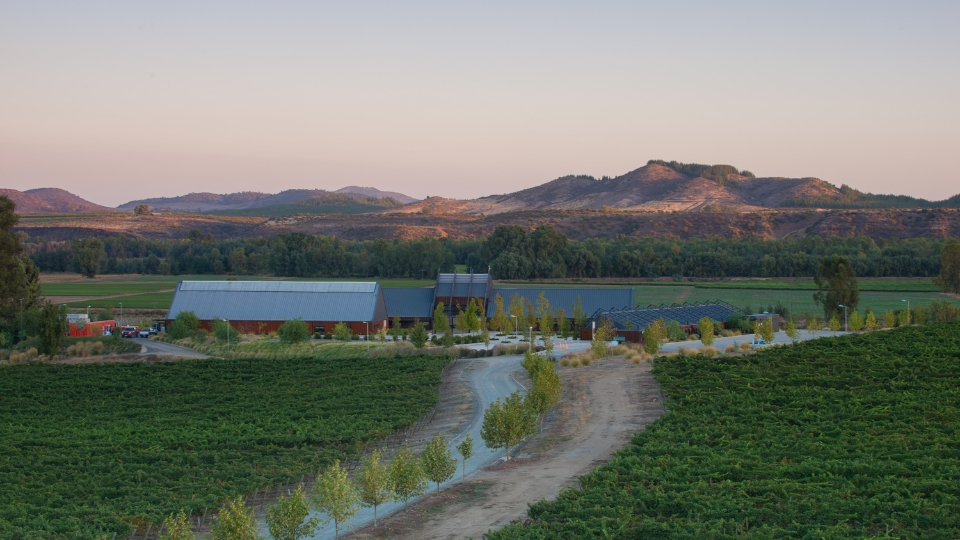- Innovation
- June 11th, 2024
CRI presents case of successful collaboration with Universidad Católica
As a result of the collaboration initiated in 2021 through the Doctorate in Engineering and Science with Industry (DICI) program, two doctoral students are currently working on their theses at the CRI.
Since 2021, Viña Concha y Toro, through its Center for Research and Innovation (CRI), began collaborating with the Pontificia Universidad Católica de Chile (PUC) through the Doctoral Program in Engineering and Science with Industry (DICI).
Currently, because of this collaboration, two doctoral students are working at the CRI: Ricardo Askenasy and Cristóbal Torrealba. Both collaborate directly with Ricardo Luna, the CRI’s R+D+i Leader in Engineering, on the Smart Wine Industry strategic program. As a result, their thesis projects are helping to drive and advance digital transformation in the vineyard.
In Ricardo’s case, his thesis deals with Artificial Intelligence models to predict failures in bottling plants. With this project he seeks to start piloting AI and move from a predictive strategy. In the case of Cristóbal, he is developing a digital twin of wine fermentation to optimize the fermentation operation, in terms of process time, energy savings and the organoleptic quality of the wine.
Ricardo Luna referred to this agreement explaining that “the experience of working with this program is innovative, challenging and disruptive. First, because this is a new doctoral program, in a way the thesis students working with me are the first to graduate from the program. Therefore, we as a company are being pioneers at a national level, so the success story of these projects will be inspiring and motivating for other companies.”
“According to ANID, only 7% of Chilean doctoral students work in industry, and the researchers working at the CRI are an example of this. For me the DICI program and the example of success in Viña Concha y Toro, will begin to decrease that gap, so we are activating the ecosystem between academia and industry. This is key to promote technological advancement and innovation in the country through applied science. Ricardo and Cristobal’s projects are an example of them, they are challenging, innovative and disruptive projects” he added.



